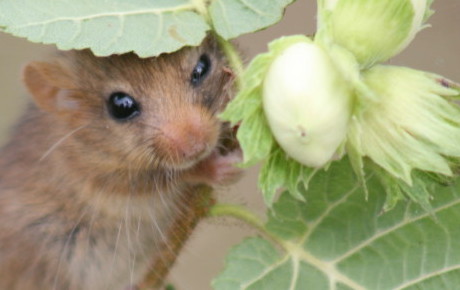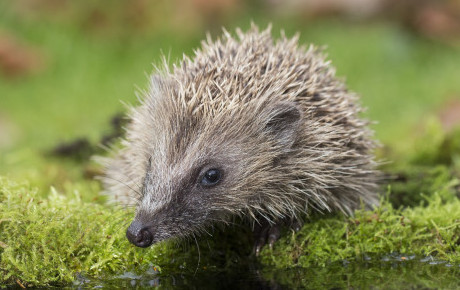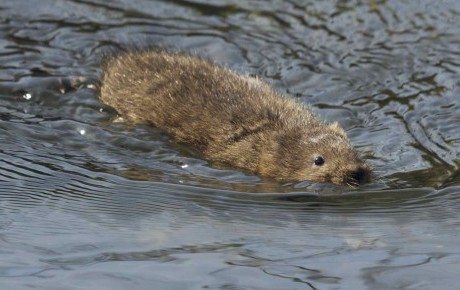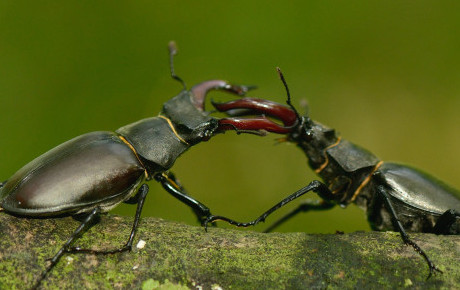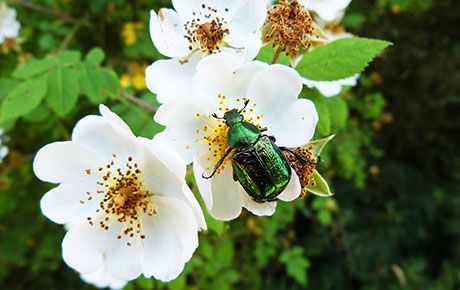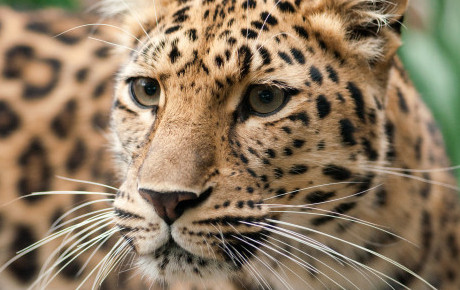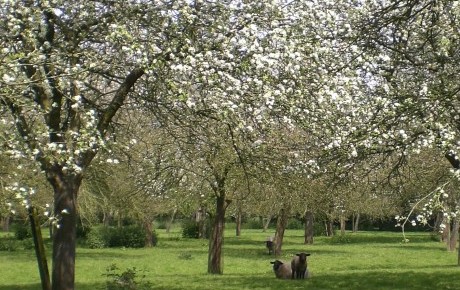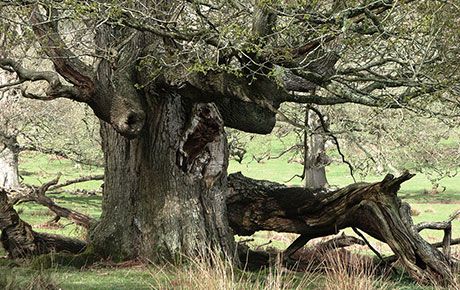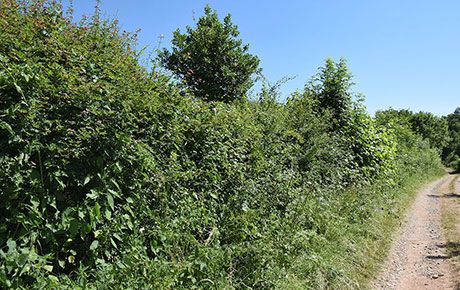Key species and habitats
We focus where the need is greatest and where we can have the most impact. These animals and habitats can often be overlooked but they're vital for a healthy environment.
Our work relies as much on people like you as it does on our partner organisations, government bodies and scientists. We can’t run these critical campaigns without your support. Please click on the sections below to get involved with our work today.

-
Dormice
Find out moreHazel dormice are among our most threatened mammals. Our longstanding monitoring programme reveals where they still live and where they’ve disappeared. We’re reintroducing them to areas where they've died out and are training people to manage woodlands and hedgerows for dormice. We couldn't do any of this without our dedicated volunteers.
-
Hedgehogs
Find out moreHedgehogs are declining in the UK at the same rate as tigers globally. With our partners at the British Hedgehog Preservation Society, we're finding out why hedgehogs are declining. Through our joint campaign, Hedgehog Street, we're creating hedgehog-friendly neighbourhoods. And we're training managers of public green spaces to be hedgehog-aware.
-
Water voles
Find out moreFollowing the discovery in the 1990s that only a tenth of our water voles remained, many waterways have been restored and populations reintroduced. Now, with a team of experts, and donations from supporters, we've launched the first National Water Vole Monitoring Programme to evaluate our success and warn us when water voles are in trouble.
-
Stag beetles
Find out moreBritain's largest land beetle is now also sadly one of the rarest. We've been studying them for nearly 20 years, with the help of the public, and our partner organisations. Our national surveys help us to keep an eye on numbers and give the best advice on saving them. We also work hard to protect their habitat.
-
Noble chafer beetles
Find out moreThe striking noble chafer beetle lives a reclusive life in traditional orchards. But, as agricultural intensification and neglect reduce its habitat, this handsome beetle is becoming increasingly rare.
-
Worldwide projects
Find out moreOur work extends across the globe. Many iconic species and their homes face many threats to their survival. Through our worldwide grants scheme we concentrate on saving the most endangered species. Your donations make this possible.
-
Traditional orchards and their wildlife
Find out moreBuilding on our ongoing survey of the nation’s orchards, we're creating a virtual advice centre for orchard owners to keep their orchards in tip top condition for wildlife. Certain beetles, such as noble chafers and stag beetles, depend on the dead and decaying wood in orchards and gardens.
-
Wood pasture and parkland
Find out moreWood Pasture and Parkland is home to some of the oldest living trees in the UK, whose value to wildlife is astounding. Their myriad of micro-habitats support some of our most endangered species. We are raising awareness about the importance of this diverse and vital habitat.
-
Hedgerows
Find out moreThe hedgerows of the UK are invaluable to our wildlife, providing home to many of our native animals and corridors to travel for others. Both of these are important to the maintenance of many species. Many of the species and habitats we work with depend on hedges.

